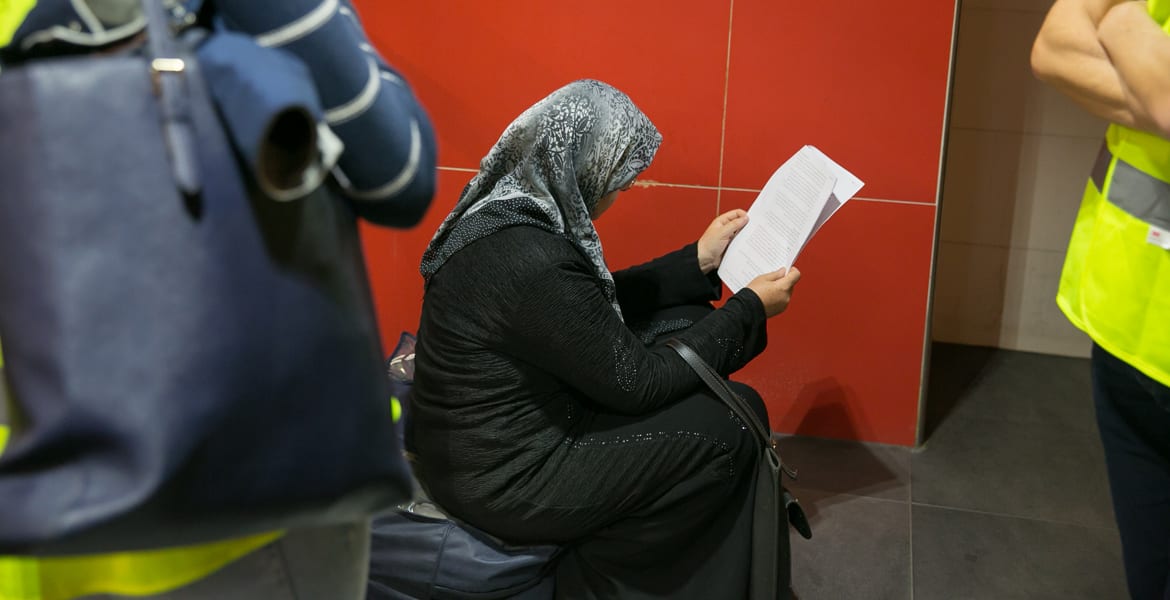Begging has decreased, local bans are working, and a national ban is not necessary. This is claimed by Court of Appeal Judge Krister Thelin – even as he, commissioned by the government, still proposes criminalizing begging in Sweden.
On Monday, the investigation A National Ban on Begging (Ett nationellt förbud mot tiggeri) was submitted to Swedish Minister of Justice Gunnar Strömmer (Moderate Party). Since fall 2024, Thelin has been tasked with evaluating existing regulations and developing possible approaches for a general ban.
However, his own conclusion is clear: he sees no need for a Swedish begging ban today.
– This is partly because the extent of begging looks different than it did ten years ago. With cash being used less frequently, it's no longer profitable for vulnerable groups who often came to Sweden in organized forms, Thelin said at a press conference on Monday.
Thelin also points out that current legislation provides municipalities with sufficient tools. Several municipalities, including Vellinge, Staffanstorp, and Katrineholm in Sweden, have already implemented local bans on begging in certain areas under the Public Order Act. According to the investigator, this system works well.
Despite this, the investigation includes two concrete legislative proposals to criminalize begging – in line with the government's directives.
Government's view is divided
The main proposal in the investigation is to criminalize begging through an amendment to Chapter 16 of the Swedish Criminal Code. According to the proposal, those who beg for their own or their family's subsistence could be fined. The law change is proposed to take effect on July 1, 2026.
As an alternative, it is proposed to introduce a new provision in the Public Order Act instead. The difference between the two solutions is that the Criminal Code regulates what is legally defined as public space, while the Public Order Act applies to public places.
– The directives were so clever that they say regardless of what I think about introducing a begging ban or not, I should come up with a proposal in that direction.
The issue of a national begging ban has long been politically sensitive in Sweden. It has been a signature issue for the Sweden Democrats (SD) and was included as an election promise in the 2022 election. The Tidö Agreement, signed between SD and the government parties, stipulates that the issue should be investigated – but not that a ban should automatically be implemented.
The government parties are divided on the issue. The Moderate Party shares SD's position and wants to see a national ban. However, the Christian Democrats are more hesitant, and the Liberal Party has clearly opposed criminalization.




